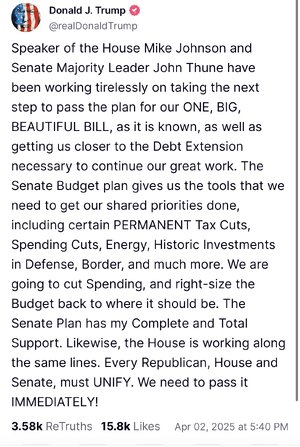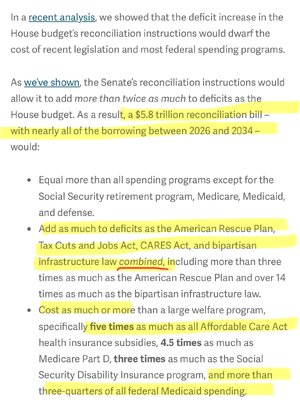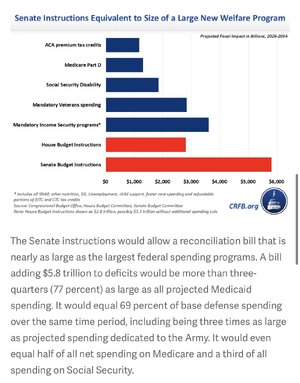superrific
Legend of ZZL
- Messages
- 8,614
What does this mean? Maybe you think there is intellectual content there, but what I see is an empty platitude that could apply equally in any context.Correct. You Play to Win the Game.
Do you have any experience in law, politics, policy? That's not to say such experience is required, but maybe it's a good idea to have some basis for your angry pronouncements. What I see in your posts is little more than blue MAGA. There a lot of thoughtful people here, with deep experience in some of these fields, who seem to agree with the Schumer strategy. I was skeptical of it at first, and still do not know how I feel about it, but there are some serious questions to the "shut it down" argument and none of them have been meaningfully addressed.
The problem here is that "shut it down" is a bluff. We don't want it to shut down. When the GOP does their shutdown dance, they aren't bluffing. They don't care if it shuts down. And that's all the more true for Trump, who is dying for the chance to say "Congress didn't do its job; I will keep the government open."
This literally could be Trump's Reichstag moment. If you're not aware of that danger or disregard it, and instead go with meaningless rally slogans, you're not helping.







